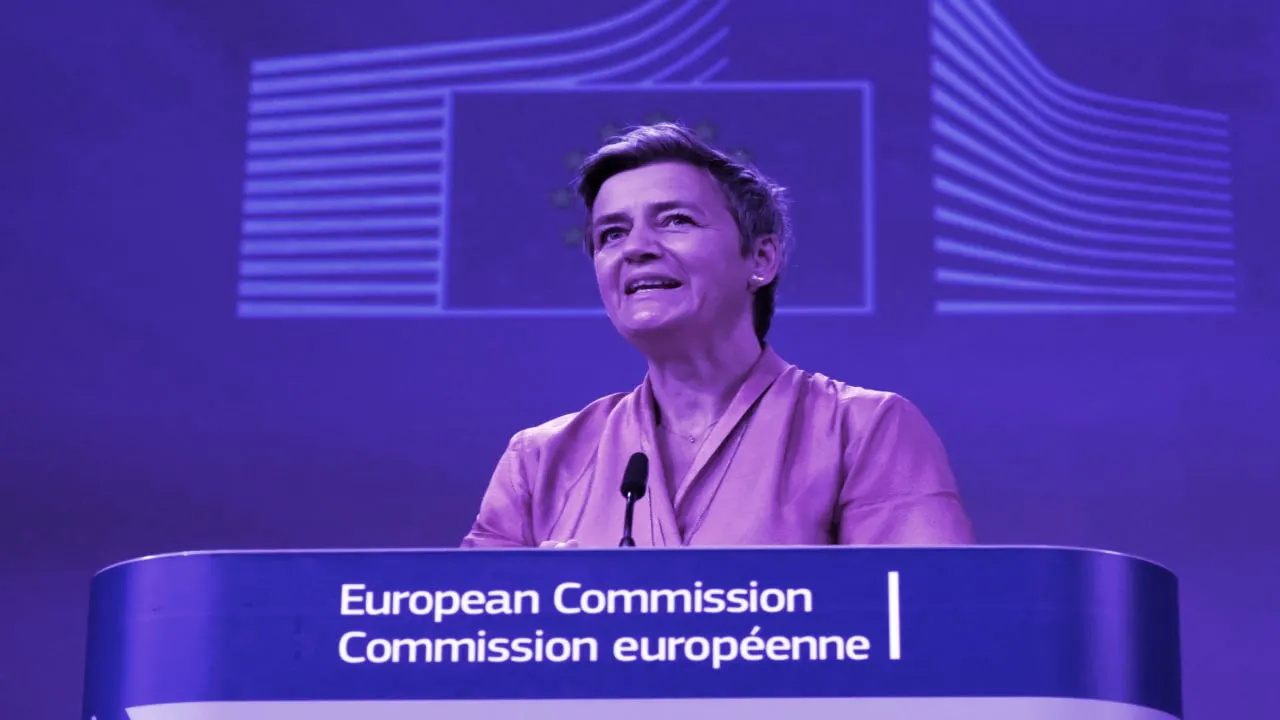We do the research, you get the alpha!
Margrethe Vestager, the European Union's competition, and digital affairs commissioner, wants to promote fair competition in metaverses, according to a speech in Brussels today.
Noting the rapid growth in the digital economy over the course of the coronavirus pandemic, Vestager believes that the metaverse should yield new opportunities, but that historically, "dominance, entrenched positions, and abuses have rather been the norm."
Vestager said regulators "need to anticipate and plan for change, given the obvious fact that our enforcement and legislative process will always be slower than the markets themselves," and that it is time for them to consider what healthy competition looks like in the metaverse.
The EU has already taken steps to prevent large online companies like Meta from obstructing smaller competitors, as well as raising concerns regarding the need for protections against discrimination and safety issues within the metaverse.
In May, the European Commission is set to release an "initiative on virtual worlds," which may also include a policy for a digital euro.
Metaverse: open or closed?
The metaverse is a still-loosely defined vision of online interactions involving 3D environments, AR/VR, and digital ownership.
A number of Big Tech corporations and AAA gaming studios—such as Microsoft, Meta, Roblox, and Epic Games—have already begun development on their versions of the metaverse, most of which don’t let users move their digital assets across platforms.
In contrast to these "closed" metaverse environments, the Open Metaverse Alliance (OMA3) is advocating for a blockchain-based, interoperable network of metaverse platforms in which users retain ownership and transferability of their digital assets, including their NFT avatars, virtual property, and items.
Founded in 2021, OMA3 comprises partners from the Web3 space such as Animoca Brands, Dapper Labs, The Sandbox, Decentraland, Alien Worlds, Upland, and others.
The Sandbox COO and co-founder Sebastien Borget recently told Decrypt at NFT Paris that “it is essential that users have true digital ownership of that content. [...] They are the true owners of their avatar, but also their wearables, their equipment, their land, their house, and the content they create and earn as they engage.”
Borget added that "95% or 100% of the revenue they bring and they generate as they contribute to the development."





